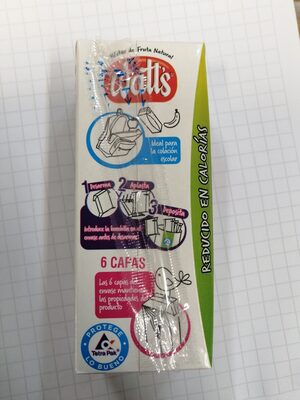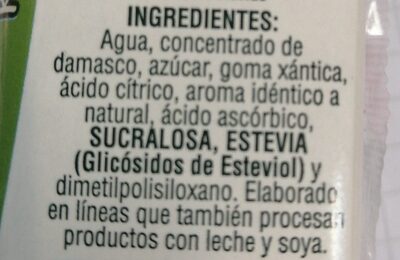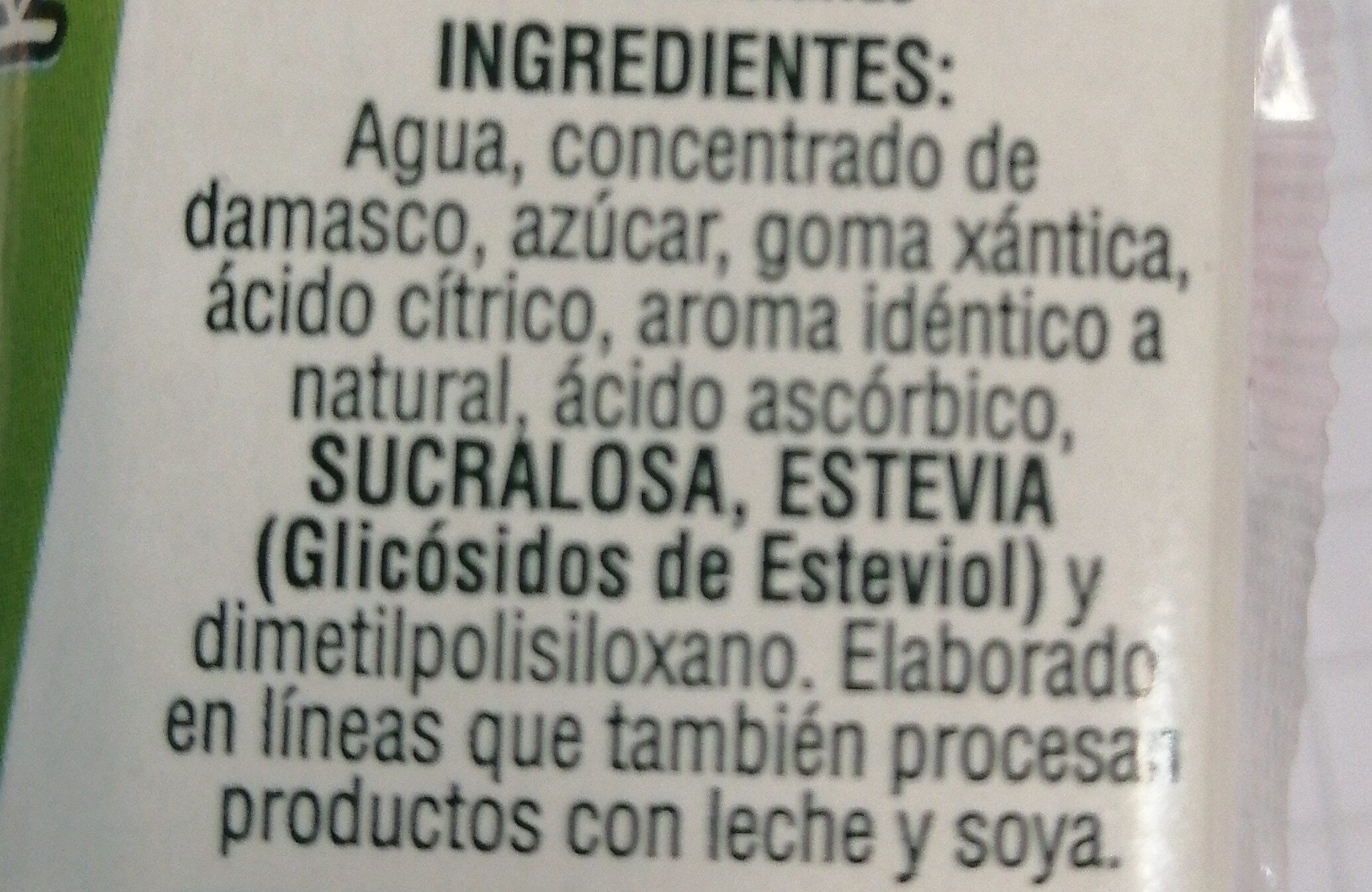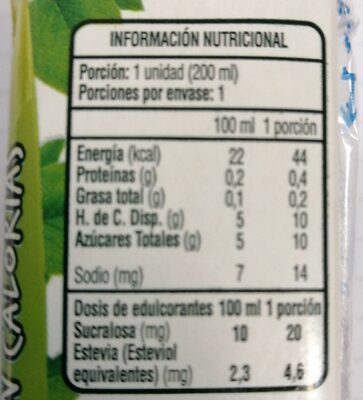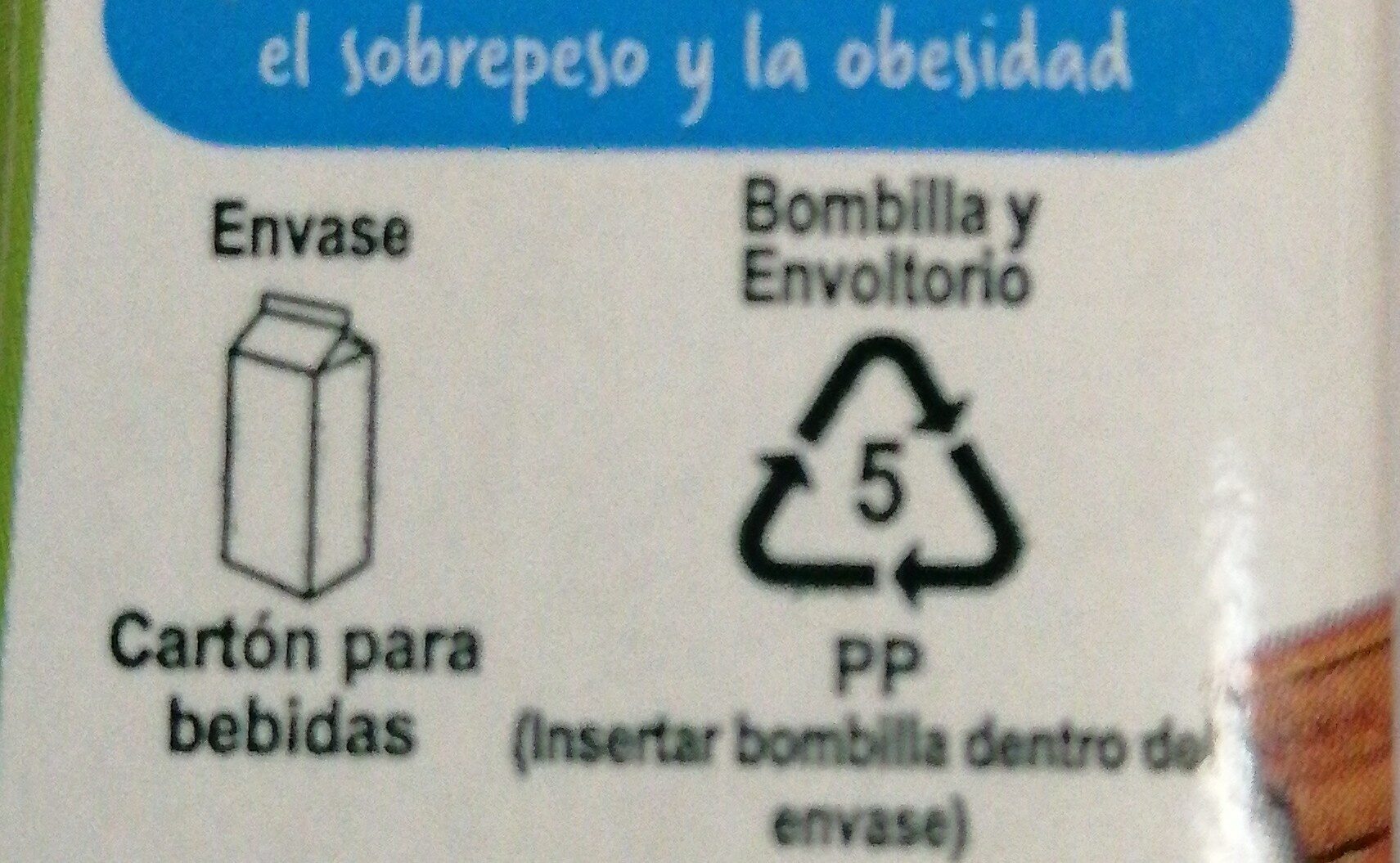nectar de damasco - watts - 200 ml
This product page is not complete. You can help to complete it by editing it and adding more data from the photos we have, or by taking more photos using the app for Android or iPhone/iPad. Thank you!
×
Barcode: 7802810006677 (EAN / EAN-13)
Quantity: 200 ml
Packaging: Tetra Pak
Brands: Watts
Categories: es:Ke
Countries where sold: Chile
Matching with your preferences
Report a problem
Data sources
Product added on by smoothie-app
Last edit of product page on by sebleouf.
Product page also edited by inakex, roboto-app.
If the data is incomplete or incorrect, you can complete or correct it by editing this page.
